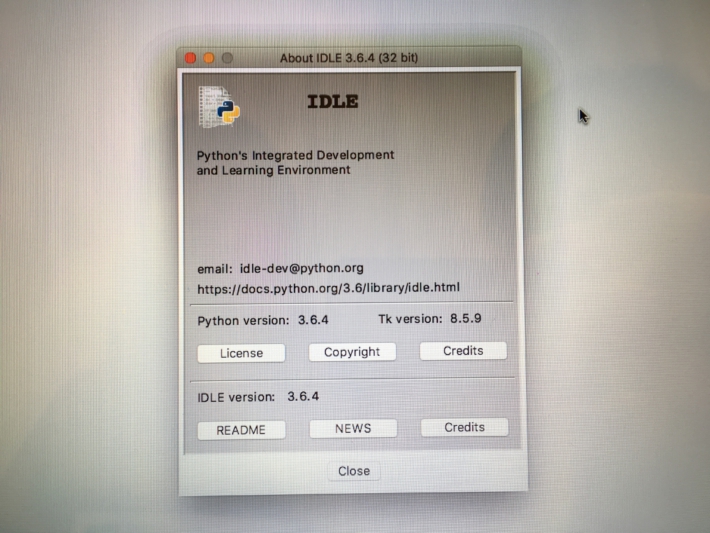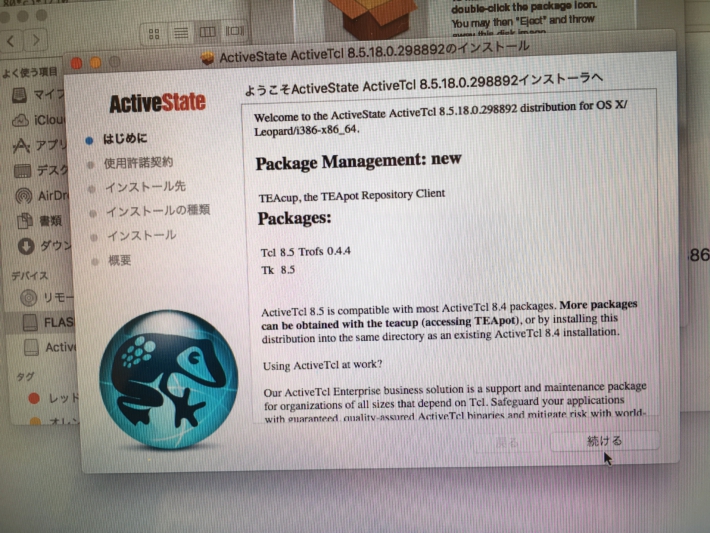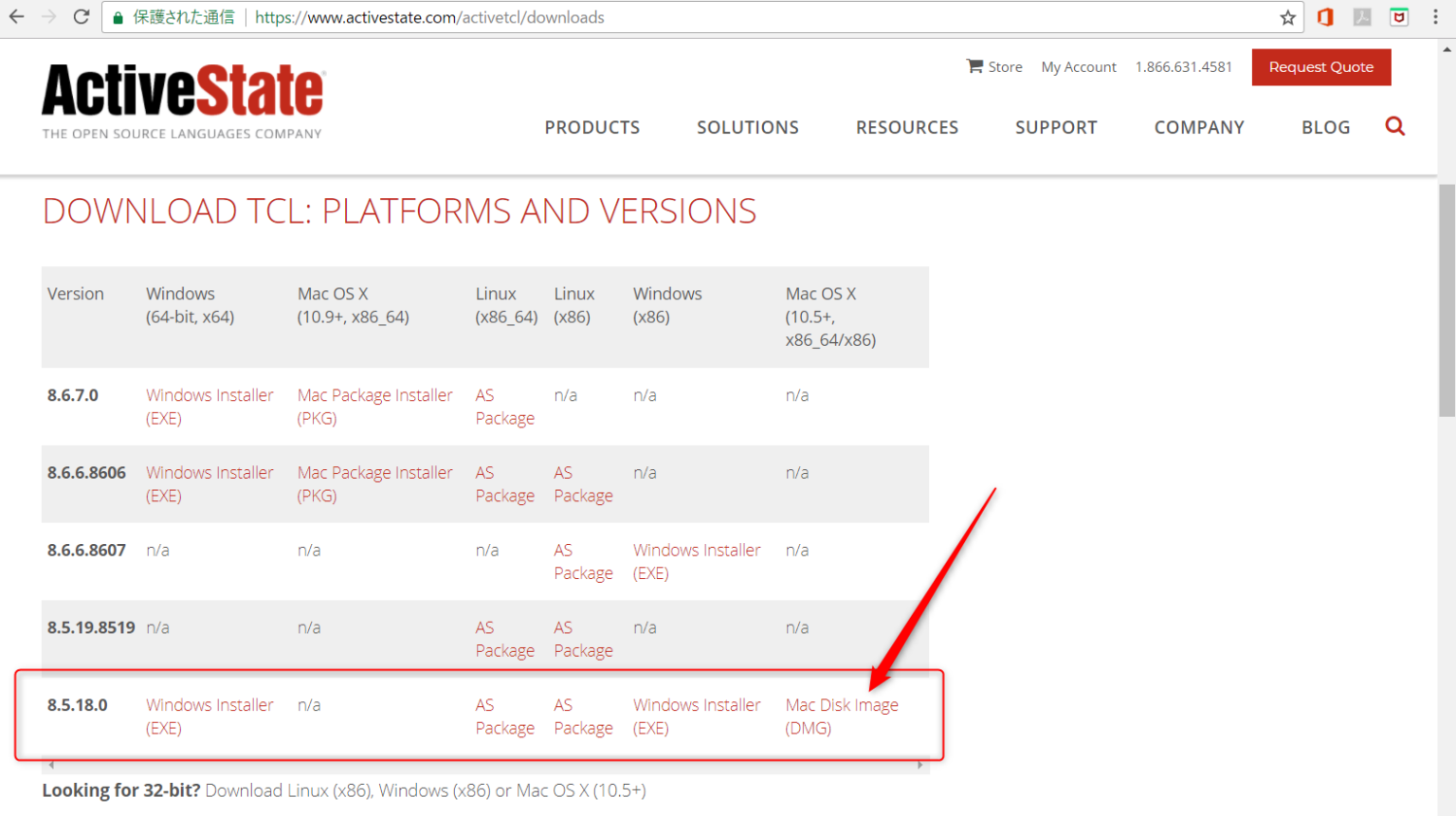

Tkinter (and, since Python 3.1, ttk) are included with all standard Python distributions.
#Activetcl 8.5.9 install#
Verified install using RubyInstaller 1.9.2-p290 on Windows 7. The second line will return the version of Tk that you're running, which should be something like "8.5.10".

To verify the version of Tk, start up your newly installed copy of 'irb' (which would have been installed in e.g. This will install everything into the directory you choose, e.g. So all you'll need to do is download and run RubyInstaller, making sure to check the option in the installer to include Tcl/Tk support. Luckily, it is (since July 2011) now remarkably easy, because the good RubyInstaller for Windows people now include Tk 8.5 as part of their excellent and easy to use installer. Installing it on your Windows machine used to be pure hell, involving installing a separate version of Tcl/Tk, downloading a development environment like Visual Studio, downloading the Ruby source code, carefully compiling Ruby. Verified install using ActiveTcl 8.5.10.1 on Windows 7. You may also want to add C:\Tcl\bin to your PATH environment variable. Type "exit" in the console window to exit. We want this to be returning something like '8.5.10'. To verify the exact version of Tcl/Tk that you are running, type the following: % info patchlevel A second, larger window titled "Console" is where you can type in Tcl/Tk commands. This should pop up a small window titled "wish85", which will contain your application. From a DOS command prompt, or the Start Menu's "Run." command, you should then be able to run a Tcl/Tk 8.5 shell via: % C:\Tcl\bin\wish85 You'll end up with a fresh install of ActiveTcl, usually located in C:\Tcl. Make sure you're downloading an 8.5.x version, not an older 8.4.x version.

In your web browser, go to and follow along the links to download the Community Edition of ActiveTcl for Windows.
#Activetcl 8.5.9 plus#
On Windows, the easiest way to get Tcl/Tk onto your machine is to install the "ActiveTcl" distribution from ActiveState, which includes Tcl, Tk, plus a number of other extension libraries.


 0 kommentar(er)
0 kommentar(er)
